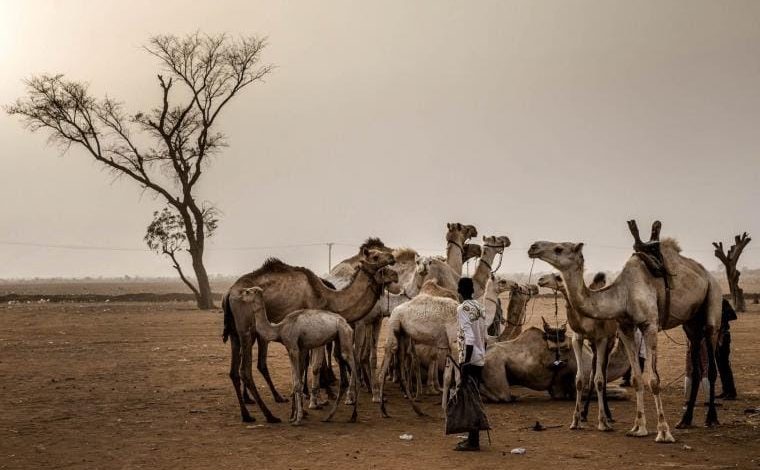How To Make Nigeria’s Plan To Curb Cattle Movement, Herder-Farmer Conflict Effective
International Crisis Group on Tuesday published a report on Nigeria's plan to reform the livestock system and curb herder-farmer violence.

According to a new report by the International Crisis Group, Nigeria’s federal and state governments are struggling to implement a National Livestock Transformation Plan (NLTP) to curb the movement of cattle across the country and reduce herder-farmer conflict.
In the report, ‘Ending Nigeria’s Herder-Farmer Crisis: The Livestock Reform Plan,’ the Brussels based conflict and research organisation highlighted the challenges and opportunities of the NLTP.
President Muhammadu Buhari’s administration came up with the NLTP as a response to violence between herders and farmers in Nigeria. The plan was subsequently approved by the National Economic Council (NEC) in January 2019.
The Crisis Group highlighted that the NLTP represents the most comprehensive effort by a Nigerian government to date, to overhaul the country’s inefficient and grossly underperforming livestock system.
“At the core is a strategy to curtail migratory or open grazing and thus lower the risk of conflict between herders and farmers,” it stated.
According to the report, climatic change, high population growth, environmental degradation, the Boko Haram insurgency in the Northeast and organised crime (including massive cattle rustling) in the North West, have forced large numbers of pastoralists in the north to migrate south in search of pasture and water.
“Their migration, in turn, has triggered disputes with sedentary crop farmers, especially in the North-central geopolitical zone, but also across the three zones in the south.”
The report revealed that several states have reactivated earlier-demarcated grazing reserves, opened offices and set up steering committees to administer the plan to curb migration and violence.
“Authorities have also held workshops and done other work to explain the benefits of livestock reform to a larger audience.”
Challenges to NLTP
Crisis Group lamented that while the plan has earned the endorsement of many state governments, it faces significant challenges.
“Deficient political leadership, popular misperceptions about its purpose, a lack of personnel with the expertise to carry it out and widespread insecurity are all hindering progress,” the group pointed out.
Other challenges, according to the report, include low awareness among herders, persistent misgivings among farming communities, delays and uncertainties in the funding of activities and projects.
The situation has been exacerbated by the COVID-19 pandemic which delayed implementation activities in 2020 and also undercut federal and state revenues.
The report also warned that if the NLTP fails –as previous initiatives to modernise livestock management did– herder-farmer violence could escalate.
Federal and state governments were advised to do more to publicise the plan and win the support of both herders and farmers.
“These authorities should also work with donors and investors to fill funding gaps and to build capacity for implementation. Finally, Abuja should make sure the Plan’s enactment takes into account the projected impact of climate change and also develop a strategy for dealing with non-Nigerian migratory herders.”
The organisation added that addressing insecurity, curbing impunity, and rehabilitating communities adversely affected by violence in participating states are vital to creating a secure environment for progress on the plan.
Crisis Group called on the Nigerian government to avail pastoralists’ children training programs that would enable them key into the anticipated job opportunities which the NLTP is expected to create.
To ensure the sustainability of the NLTP, Crisis Group advised the federal and state authorities to give the NLTP firm legal and funding bases, through new legislation establishing livestock sector transformation agencies, as the Plateau State Government is already doing.
Support Our Journalism
There are millions of ordinary people affected by conflict in Africa whose stories are missing in the mainstream media. HumAngle is determined to tell those challenging and under-reported stories, hoping that the people impacted by these conflicts will find the safety and security they deserve.
To ensure that we continue to provide public service coverage, we have a small favour to ask you. We want you to be part of our journalistic endeavour by contributing a token to us.
Your donation will further promote a robust, free, and independent media.
Donate HereStay Closer To The Stories That Matter




